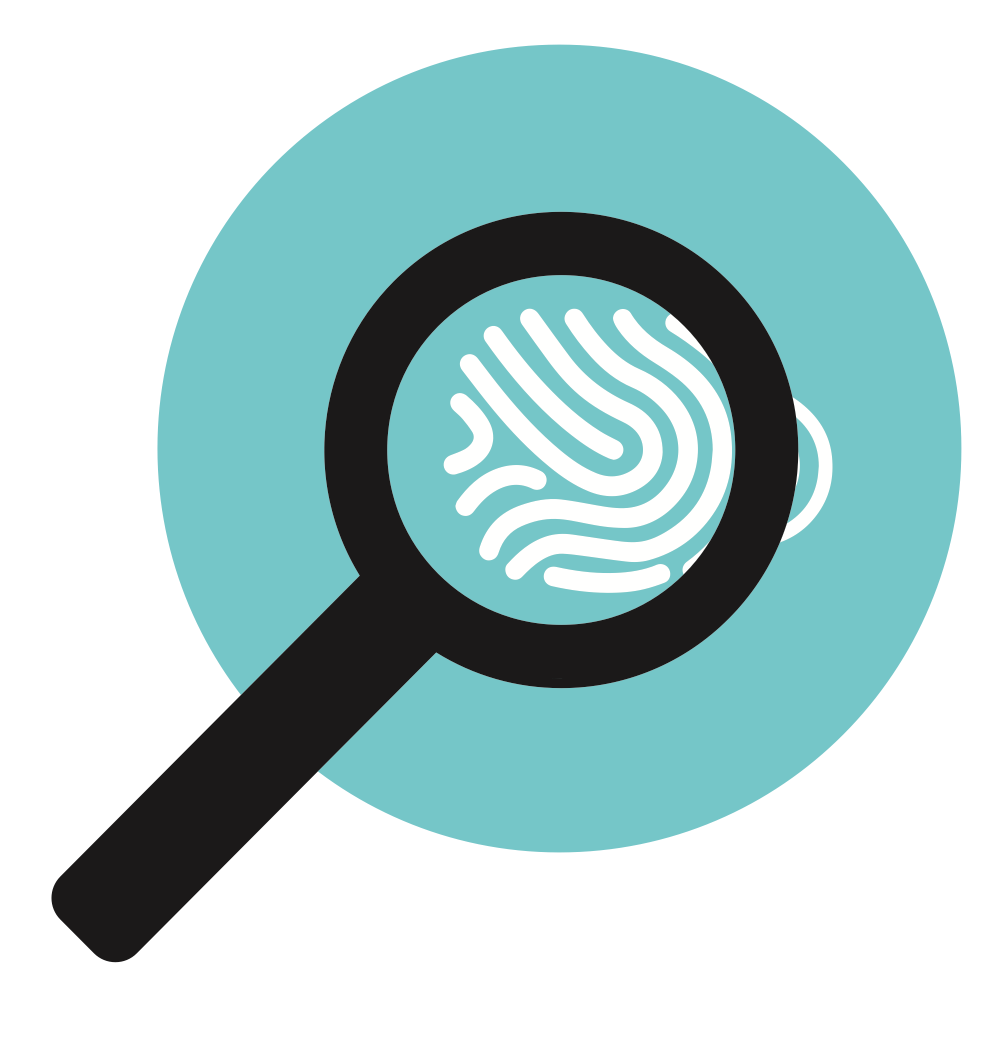Awareness
Previous / Next
Starting Up Your Own Self Detective Agency
Part 10 - Awareness

It may seem obvious, but we will say it nonetheless:
- With awareness you are likely to create more choices in your life
- Without awareness you are likely to repeat the same actions, the same thoughts, the same emotions over and over again
- With constant, ongoing awareness you are likely to grow and develop and change – and hopefully flourish
- With constant, ongoing unawareness you are likely to stay the same